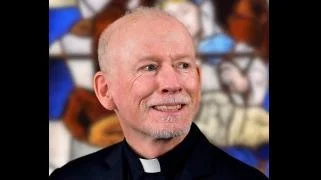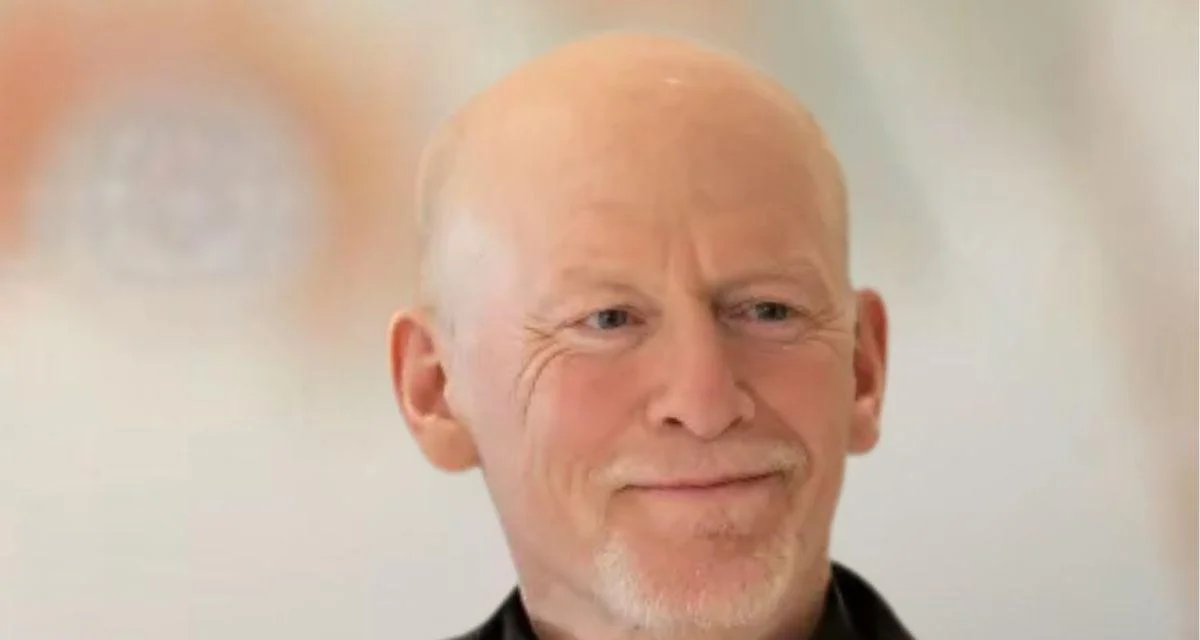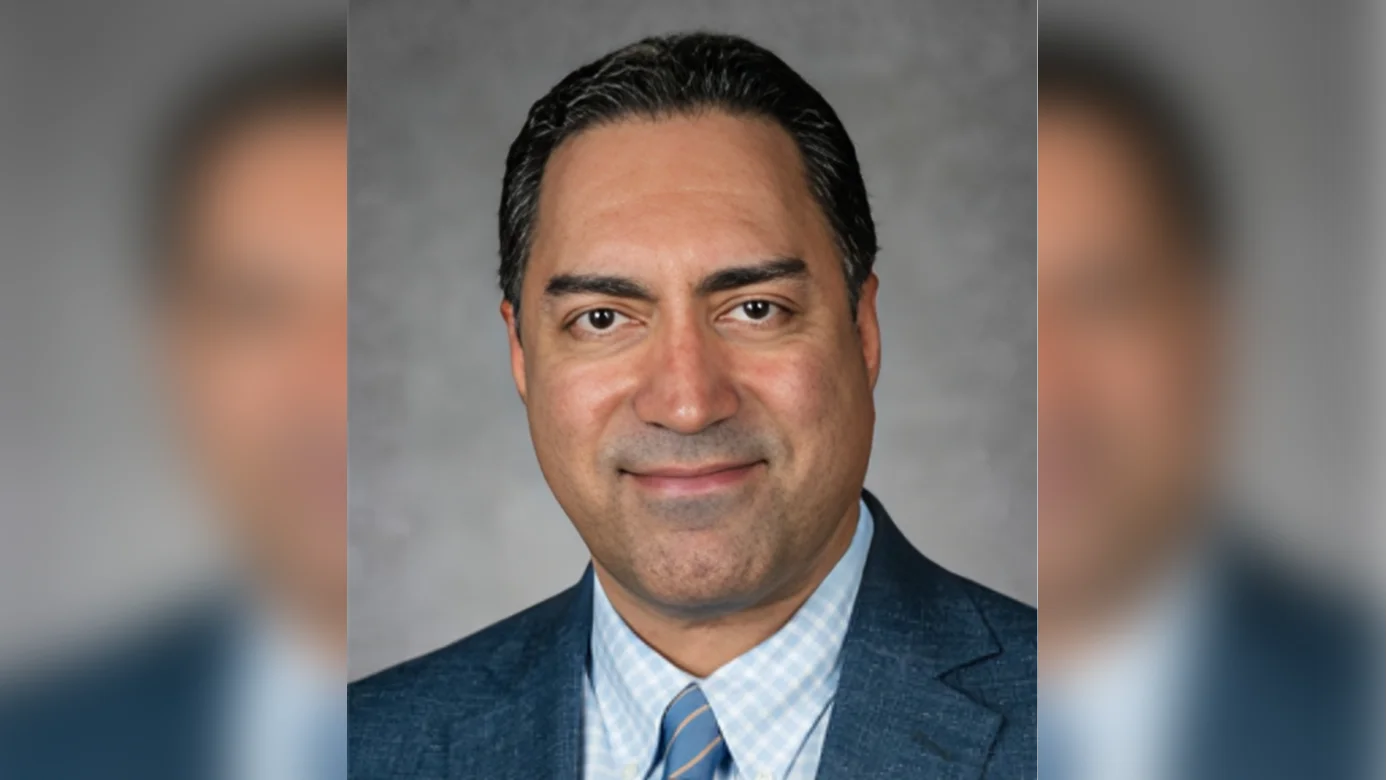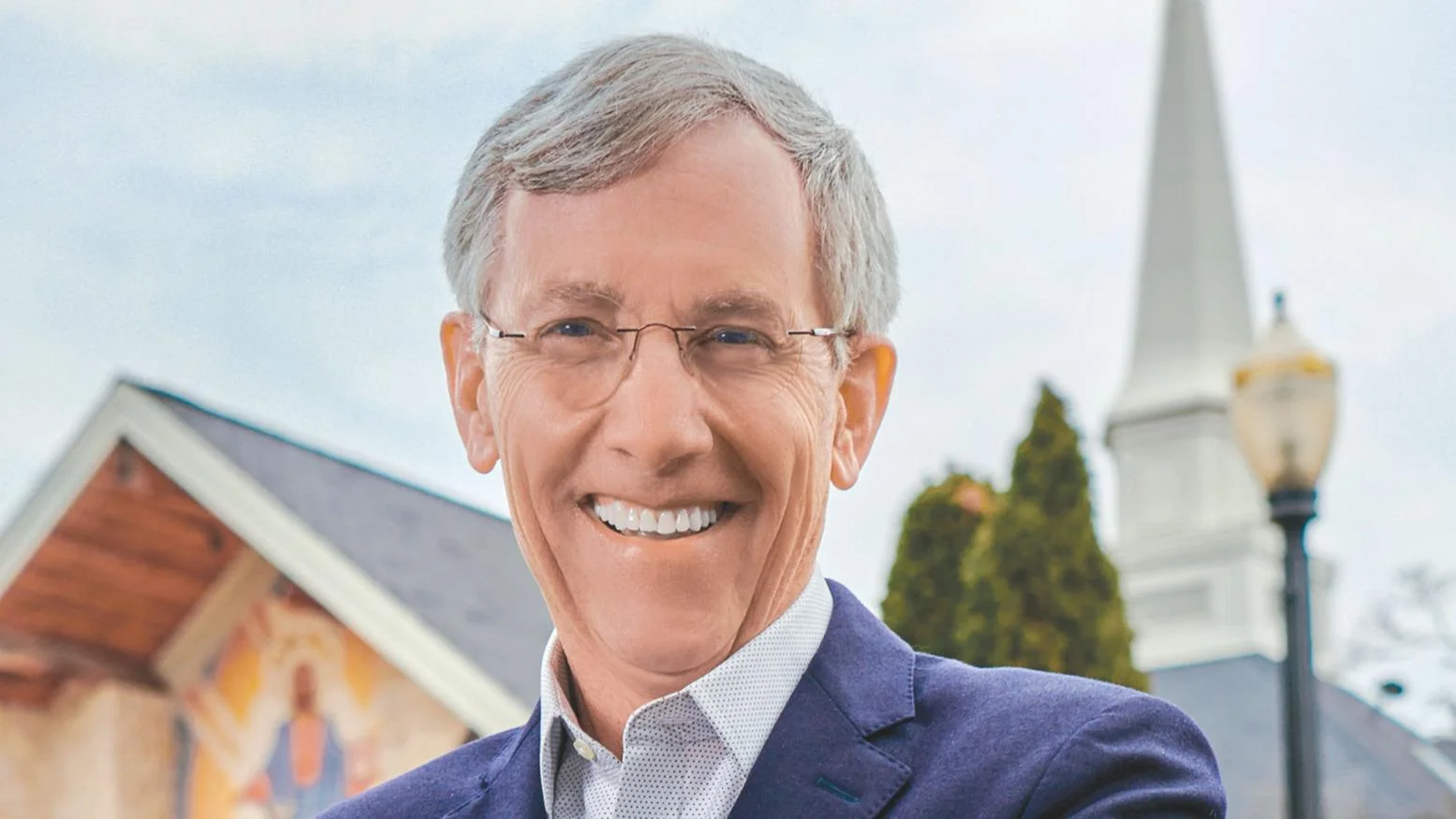
Almost 2 million students attended Catholic schools in 2016, according to the U.S. Conference of Catholic Bishops. | Adobe Stock
Catholic schooling is markedly different from traditional public schools in a number of ways, but perhaps the area of self-discipline differs the most, a conservative nonprofit education policy think tank study has found.
The Thomas B. Fordham Institute explained that self-discipline, like any habit, requires practice and patience to form. In fact, self-discipline is part of the overall commitment to developing a character that is in alignment with God.
In the interest of better understanding the role of self-discipline in education, the institute carried out a study that focused on two topics: if Catholic elementary students were more self-disciplined than students in other schools and if some students have a stronger connection between Catholic school attendance and self-discipline.
This study offered three main conclusions.
“First, students in Catholic schools are less likely to act out or be disruptive than those in other private or public schools,” the Fordham Institute reported. “...According to their teachers, Catholic school children argued, fought, got angry, acted impulsively and disturbed ongoing activities less frequently.”
Second, students from Catholic schools tend to show more self-control than public or private school students.
“Specifically, they were more likely to control their temper, respect others’ property, accept their fellow students’ ideas, and handle peer pressure,” Fordham Institute reported.
Finally, Catholic school students were found to show greater self-discipline, regardless of their individual demographics.
“Thus, there is at least some evidence that attending Catholic school may benefit all sorts of children, at least when it comes to reducing the frequency of externalizing behaviors and fostering greater self-control,” Fordham Institute reported.
The study stated there are a few takeaways from the findings, such as the schools’ focus on fostering self-discipline, discipline practices from the school itself and the influence of religion on a child’s formation as a student.
“Religion can mold hearts and minds in ways that suspensions, restorative justice and Positive Behavioral Intervention and Supports (PBIS) can’t begin to match,” Fordham Institute reported.
According to the U.S. Conference of Catholic Bishops, roughly 50.4 million children attended public schools and 5.2 million attended private schools in 2016. Almost 2 million students attended Catholic schools that year.






 Alerts Sign-up
Alerts Sign-up